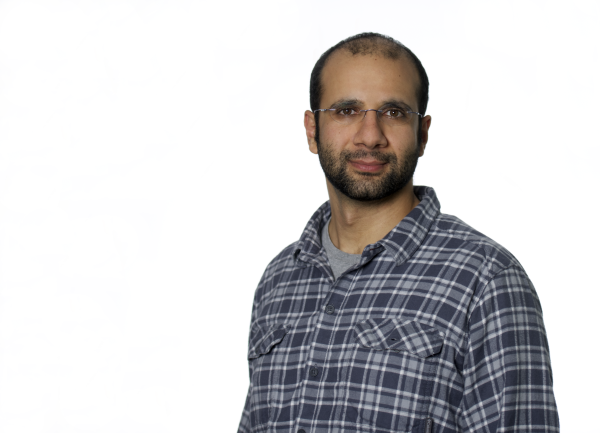
Groups Definable in Tame Expansions of O-Minimal Structures
Jour Fixe talk by Panteleimon Eleftheriou on February 10, 2016
´I am lying´– a small sentence that challenges modern logic and mathematics. In his Jour Fixe talk, Panteleimon Eleftheriou presented fascinating aspects of logic.
His area of research is tame geometry, which is the study of mathematical objects that are definable in some tame geometric language. Tame geometry underlies Lie groups from theoretical physics and several hybrid systems from engineering control theory. His target question is whether tame groups resemble Lie groups, in analogy with David Hilbert's fifth problem, which was raised among twenty-three other famous problems in 1900, and which asked whether certain topological groups resemble Lie groups.
The notion of definability can be made precise in mathematical logic, with the use of a specific, formal language. In logic, one can also define the notion of a formal proof of a statement from a given set of axioms. David Hilbert’s twenty-three problems included also the question whether it is possible to axiomatize the whole of arithmetic or even mathematics within mathematical logic. That is, he asked for an axiomatic system from which one could derive all true mathematical statements. This axiomatization turned out to be impossible, as proved by Kurt Gödel in his Incompleteness Theorem in 1931, by formalizing the Liar sentence `I am lying’ within arithmetic. According to Aristotle's principle of two-valued logic, which is used in everyday logic, every sentence is either true or not true and only one of the two can happen. The Liar's paradox emerges if we merely state the sentence ´I am lying´. If that sentence is true, then it is true that I am lying, and therefore the sentence is not true. If it is not true, then it is not true that I am lying, and therefore the sentence is true. Therefore, the Liar sentence can neither be true nor not true, contradicting Aristotle’s principle of two-valued logic.
The Liar sentence contains self-reference and negation. The combination of the two is so powerful, that one cannot even state the Liar sentence. Likewise, the mathematical formalization of the Liar sentence has helped us prove that certain extreme mathematical phenomena cannot happen. For example, one cannot list the set of all real numbers, and one cannot form the set of all sets. Gödel's remarkable Incompleteness Theorem consists of coding the Liar sentence in the language of arithmetic, and proving that it cannot be proved nor disproved by arithmetic. A by-product of this coding was the invention of the Turing machine, which is the theoretical ancestor of our current computers. Coding, in its turn, gave rise to the notion of definability, which has been employed by mathematicians ever since, amongst them the tame geometers.
